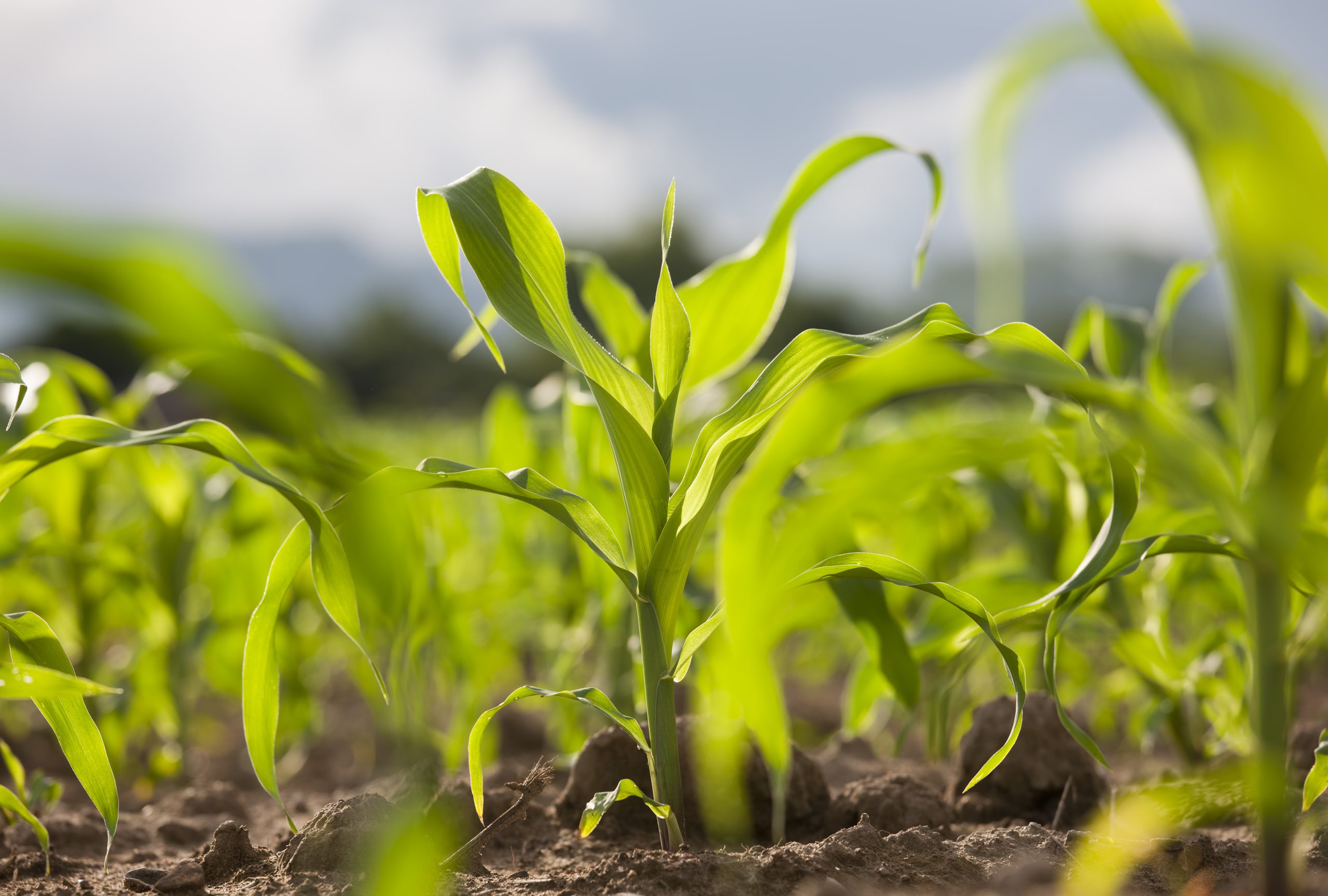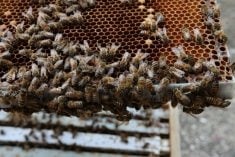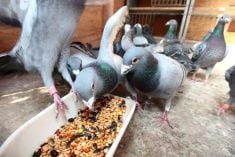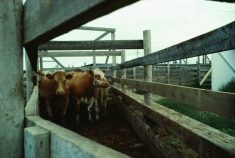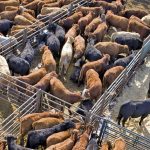Federal Agriculture Minister Marie-Claude Bibeau’s office said late last week the government is working “around the clock” to respond to the pandemic’s impact on farmers and agri-food businesses.
But there was no commitment to the direct support Canadian pork industry officials say is now necessary to carry the sector through a crisis which has led producers to euthanize healthy hogs because there is no market for them.
“We understand the repercussions the short-term capacity reduction in certain meat processing facilities is having on livestock producers,” a statement from Bibeau’s office read.
Read Also

CFIA says regulatory changes will cut agricultural red tape
The Canadian Food Inspection Agency (CFIA) is set to make seven regulatory changes to cut red tape around agricultural production.
“In collaboration with our provincial partners, we are examining all options to protect workers, support our farmers and processors, and keep high-quality and affordable Canadian meat products available to Canadians.
“I care deeply about the wellbeing of our farmers and understand how stressful this period is for so many of them. Farmers and food businesses are doing a huge service to feed the nation and they can be confident that their government has their back.”
Rick Bergmann, chair of the Canadian Pork Council, said the organization’s appeal last week to the government was to ensure officials grasp the breadth of the industry’s current liquidity problems, adding it’s “not our job as producers to tell them how they should administrate and help us.”
According to the CPC, producers need $20 per head to help producers to pay outstanding bills and pay employees against the current crisis.
The current level of support being offered to the industry is inadequate and pre-existing programs are not helpful, Bergmann added.
Ottawa’s first sector-specific aid came in the form of increasing the loan capacity available to Farm Credit Canada (FCC) and extensions on repayments of cash advances.
A working group has also been established specific to the meat and poultry industries to deal with challenges, and $20 million has gone to the Canadian Food Inspection Agency (CFIA) to ensure adequate inspections can continue at processing facilities.
Federal officials also point to pre-existing business risk management (BRM) programs being more readily available to producers: the enrolment deadline for AgriStability was extended and producers in some provinces have been granted access to expanded interim AgriStability payments.
But the CPC contends more support is needed, writing in a press release that Canadian consumers “risk seeing food shortages if governments do not step forward with the support farmers need to keep producing food before the end of the month.”
Bergmann said he was “hopeful” more federal help was coming as conversations with the government continue.
He said Ottawa has “all the tools they need to fix the problem, but there has to be a political will” to make it happen.
Asked if any consideration has been given to detaching Canadian hog prices from U.S. market values, he said such a move has been considered but the two markets remain closely linked, with animals crossing the border both northbound and southbound.
“Our figurative farmhouse is burning down,” Bergmann said of the industry’s current status. “Now is not the time to think about windows, or what colour of paint, or how we’re going to improve it… we need the fire crew to show up and put a lot of water on that.”
— D.C. Fraser reports for Glacier FarmMedia from Ottawa.

